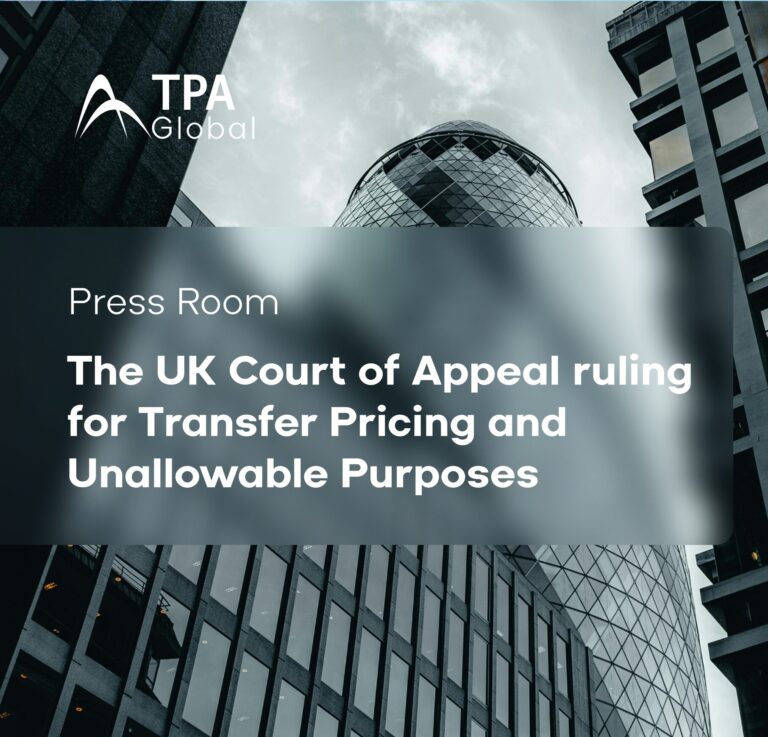In a recent legal development, a Dutch court has ordered British American Tobacco (BAT) to pay a fine of 107 million euros ($117 million). The court ruling, delivered by the Dutch North Holland District Court on Friday, revealed that BAT had under-declared profits by a staggering 1.8 billion euros during the 2013-2016 period. Consequently, the court mandated the payment of back taxes on the undisclosed profits.
In its summary of judgment, the court highlighted that BAT’s intentional misrepresentation in its tax claim for the transfer of activities to the UK was the primary grounds for imposing the substantial fines. This decision adds to BAT’s legal challenges for the year, as the company agreed to a $635 million settlement with U.S. authorities in April. In that case, a subsidiary of BAT pleaded guilty to charges of conspiring to violate U.S. sanctions by selling tobacco products to North Korea and engaging in bank fraud during the period of 2013-2017.
Despite initially redacting the name of the organization involved, BAT later confirmed that it was indeed the company in question. Expressing disappointment with the decision, BAT has made known its intention to explore legal recourse and is considering an appeal. The company says it maintains its commitment to compliance with all applicable tax legislation across its operating markets. Despite these legal setbacks, BAT reassured stakeholders that it adheres to regulatory frameworks in all its jurisdictions.
The Dutch court’s decision to impose fines and back taxes on British American Tobacco serves as a cautionary tale for companies engaging in cross-border activities but also highlights the significance of robust compliance frameworks for sustainable business operations. The details of the court’s findings shed light on the specific aspects of BAT’s financial activities that led to the under-declaration of profits and subsequent tax liabilities. As a result, the adequacy of internal control mechanisms within multinational corporations and the importance of robust compliance frameworks are brought forth. For tax professionals and investors closely monitoring tax-related news, this ruling provides insights into the complexities of transfer pricing and international taxation.
To keep updated on news, visit our Global News Page.
Don’t miss our most recent updates and articles; follow us on LinkedIn.



